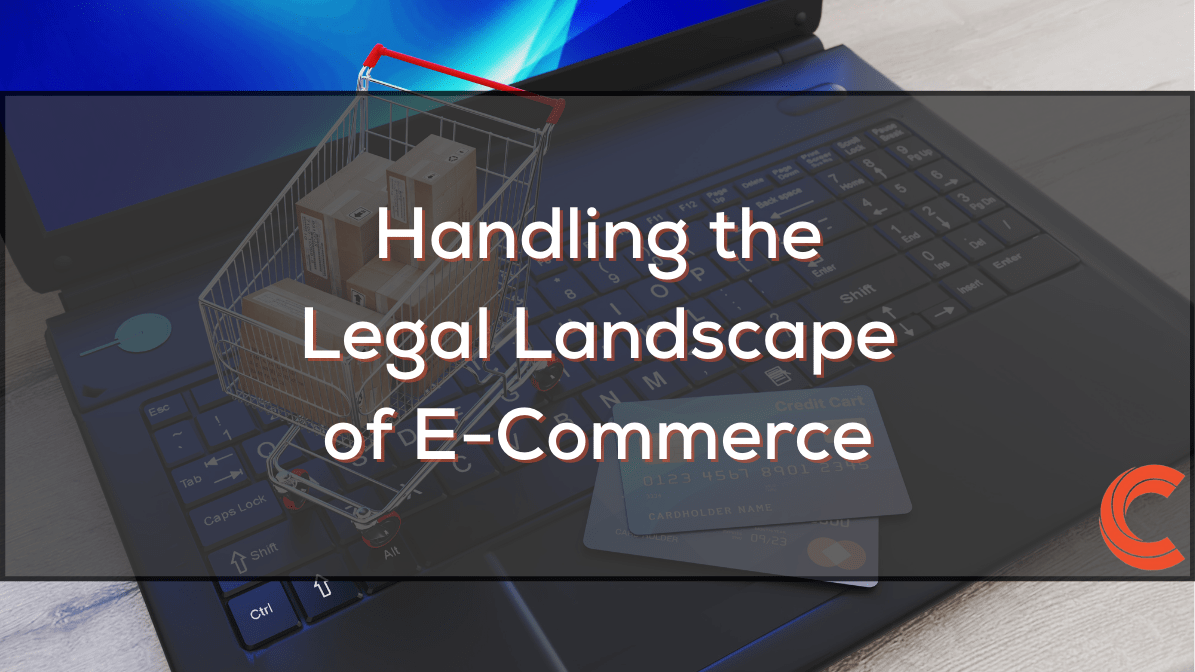In today’s digital age, e-commerce has become increasingly prevalent, offering entrepreneurs lucrative opportunities to reach global markets. However, with the rise of online business comes a myriad of legal considerations and challenges. From data privacy regulations to intellectual property protection, online business owners must navigate a complex legal landscape to ensure compliance and mitigate risks. In this blog post, we’ll explore essential tips for navigating the legal aspects of e-commerce, with expert insights from Carbon Law Group.
Data Privacy Compliance in E-Commerce
Data privacy regulations, such as the General Data Protection Regulation (GDPR) and the California Consumer Privacy Act (CCPA), impose strict requirements on how businesses collect, process, and protect consumer data. Online business owners must ensure compliance with these regulations to avoid hefty fines and reputational damage. Implementing robust data privacy policies and obtaining explicit consent from users before collecting their personal information is essential.
Intellectual Property Protection
Intellectual property (IP) rights are crucial for protecting your brand assets, such as trademarks, copyrights, and patents, in the competitive online marketplace. Online business owners should take proactive measures to safeguard their IP by registering trademarks, copyrights, and patents where applicable. Additionally, monitoring online platforms for potential infringement and taking prompt legal action against infringers is essential for preserving the integrity of your brand.
E-Commerce Contracts and Terms of Service
Clear and enforceable contracts and terms of service are essential for mitigating legal risks and establishing trust with customers. Online business owners should ensure that their e-commerce platforms have robust terms of service agreements that outline the rights and responsibilities of both parties. Additionally, having a well-drafted privacy policy and return/refund policy can help protect your business interests and mitigate disputes with customers.
Payment Processing and Consumer Protection
When conducting e-commerce transactions, online business owners must prioritize payment security and consumer protection. Implementing secure payment processing systems and complying with payment card industry (PCI) standards can help safeguard sensitive financial information and prevent fraud. Moreover, offering transparent pricing, accurate product descriptions, and reliable customer support can enhance consumer trust and satisfaction.
Regulatory Compliance for E-Commerce Across Borders
Operating an online business often involves selling products or services across international borders, which may subject businesses to various legal and regulatory requirements. Online business owners should familiarize themselves with relevant laws and regulations in the jurisdictions where they operate and take proactive steps to ensure compliance. Seeking legal advice from professionals with expertise in international e-commerce law can help mitigate legal risks and facilitate cross-border expansion.
In conclusion, navigating the legal landscape of e-commerce requires careful attention to various legal considerations, from data privacy compliance to intellectual property protection and regulatory compliance across borders. By implementing the tips outlined in this blog post and seeking assistance from legal experts like Carbon Law Group, online business owners can confidently navigate the complex legal terrain of e-commerce and position their businesses for long-term success.





